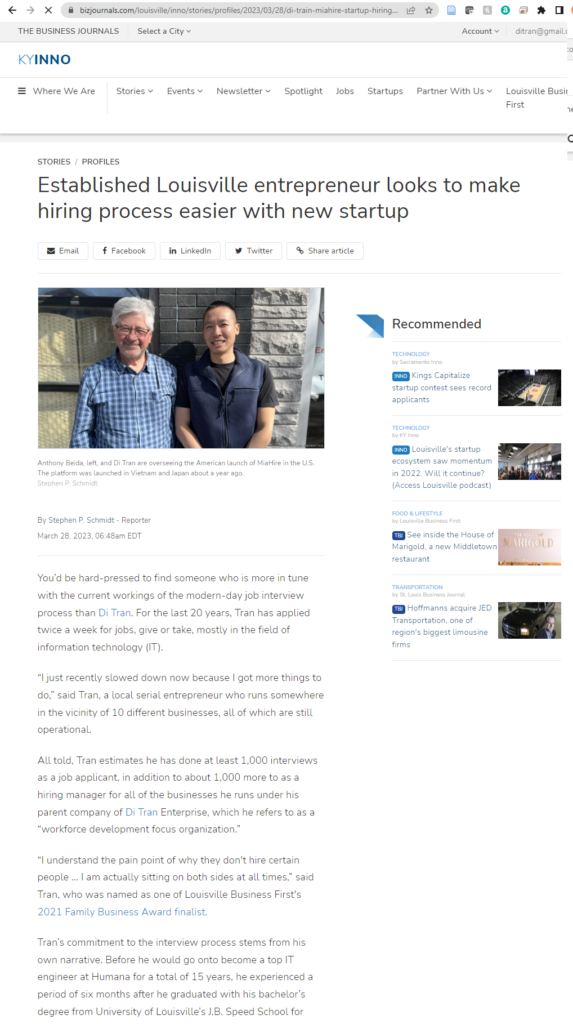Di Tran’s profound reflection, “Language is not a barrier, we are the barrier to think language is the barrier”, is a gentle reminder of the power of non-verbal communication and human connection. At the heart of this assertion lies the idea that while language is undeniably an essential tool for communication, it is not the sole factor determining our capacity to understand or be understood.
The Power of Non-Verbal Communication
Dr. Albert Mehrabian’s study in the 1970s introduced a now widely-referenced concept: when verbal and non-verbal communications are incongruent, people rely more on non-verbal cues than words to determine meaning. According to Mehrabian’s rule, words constitute only 7% of the overall message, with tone of voice accounting for 38% and body language a whopping 55% (Mehrabian, 1971). In other words, while the words we use are critical, how we say them and our body language can convey even more about our feelings and intentions.
One can easily spot the validity of these findings in everyday scenarios. For instance, when two individuals greet each other, a warm, genuine smile can immediately bridge the gap of unfamiliarity—even if they don’t share a common language. A simple gesture of open arms can signify acceptance, while leaning forward can denote interest and engagement.
The Impact of Cultural Literacy
While understanding body language can transcend language barriers, it’s also vital to recognize the influence of cultural differences. As Edward T. Hall mentions in his book, “The Silent Language” (1959), different cultures have their own set of unspoken rules and interpretations of personal space, gestures, and body movements. What might be seen as a welcoming gesture in one culture could be considered rude or intrusive in another.
In light of this, genuine interest in and respect for diverse cultural norms is essential. This approach not only facilitates clearer communication but also fosters deeper connections between individuals of different backgrounds.

Breaking Down Self-imposed Barriers
Di Tran’s reflection also brings attention to the psychological and sociological barriers we create for ourselves. We often anticipate difficulty in understanding someone from a different linguistic background, even before making an attempt. In “The Power of Communication: Skills to Build Trust, Inspire Loyalty, and Lead Effectively”, Helio Fred Garcia notes that our preconceived biases, fears, or misconceptions can create more significant communication impediments than any actual language differences.
Conclusion
Language, while a crucial element of human communication, is just one facet of a multidimensional system of interaction. Non-verbal cues—be it a smile, a nod, or an extended hand—hold the potential to connect souls. As we move forward in an increasingly globalized world, embracing the power of non-verbal communication, while being mindful of cultural nuances, can help us break down the barriers we’ve constructed. After all, genuine human connection transcends mere words.










